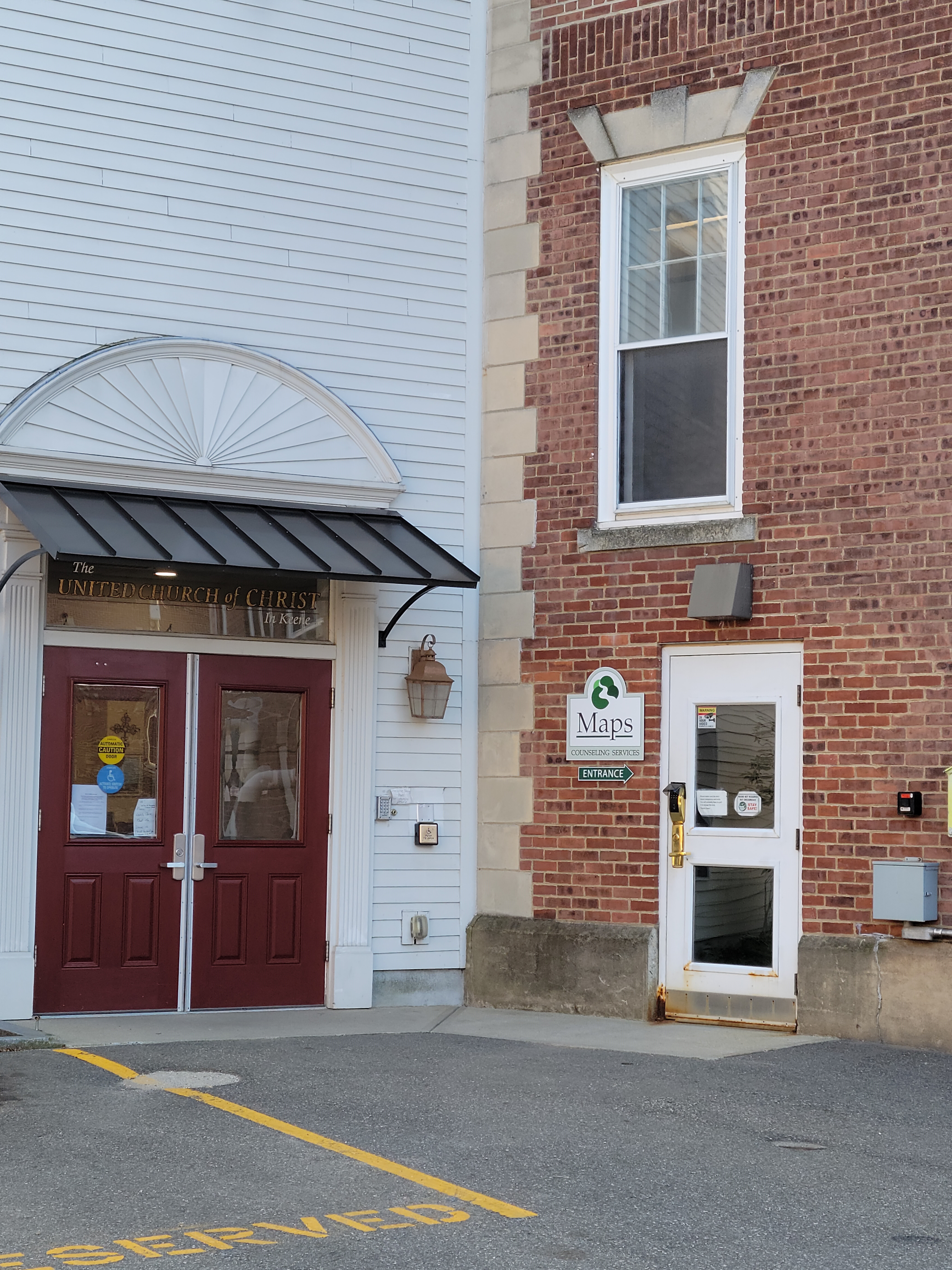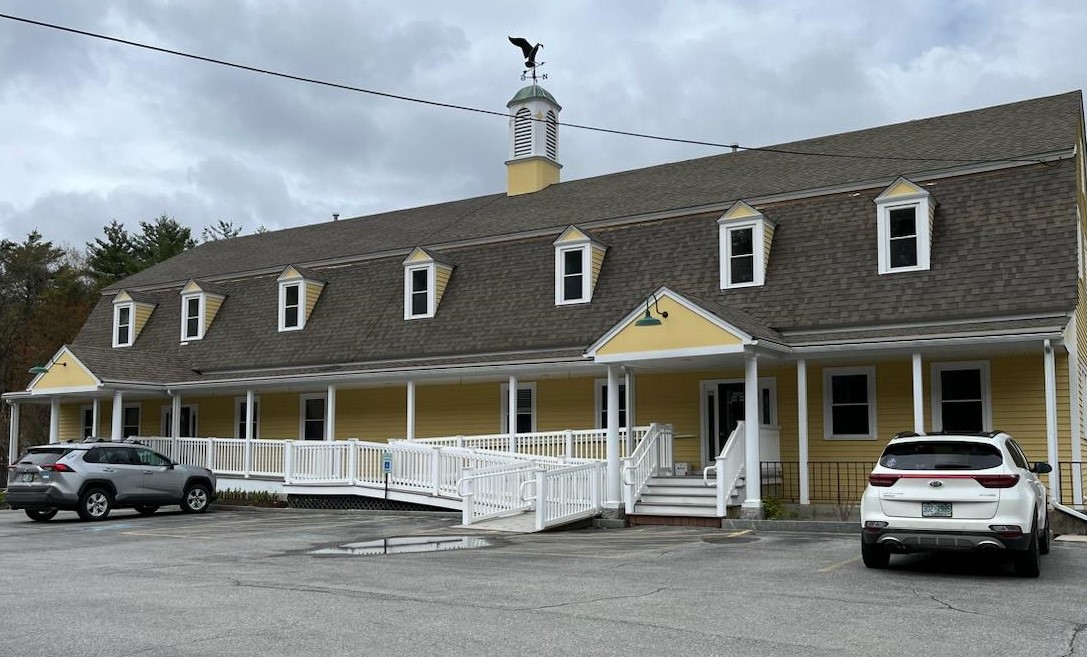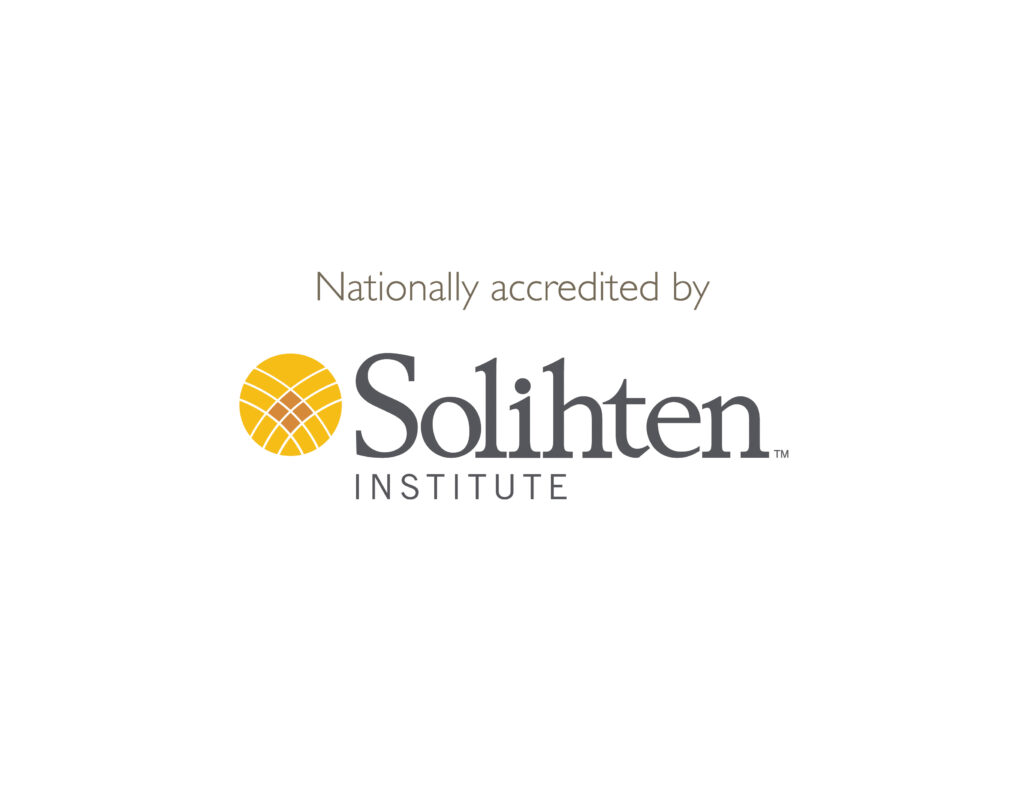Disabilities and Social Work by John Richards, LICSW held on Wednesday, April 10, 2024 from 9am-11am ET via Zoom
In this workshop, participants will gain an understanding of the types of disabilities, both visible and hidden; physical, cognitive, and mental illness, with an overview of stigma and ableism effects that clients may experience. We will discuss ambiguous loss and its impact on the lives of people who have experienced disability. We will also discuss language to use or not use. Chronic sorrow will be discussed as an element of ongoing treatment.
We will turn to specific strategies in working with folks who have experienced disabilities, noting most importantly that people with disabilities bring with them the same kinds of anxieties, depressions, life difficulties, and behavioral health challenges as the nondisabled population, perhaps even more frequently in some regards. The coarse objectives are:
- Participants will gain an understanding of the incidence and most likely types of disabilities that we might encounter
- Participants will gain insight into strategies that are effective or not effective in working with people who have experienced disabilities, along with a brief overview of services that may be available in NH
- We will discuss a few practical issues, such as assistive technology, SSDI, vocational rehabilitation, and DEAS reporting. The challenges for people to receive services will be addressed, Including actually getting services once they have been approved.
- We will discuss the fact that a disability is a family issue that can play out in a variety of ways and working with caregivers is a situation that a therapist could certainly encounter.
John is a lifelong resident of New Hampshire who has worked in human services for over 30 years; most of which have been involved in supporting people with a variety of disabilities. He has a Master’s degree in Social Work from Simmons College and a Master’s in Business Administration from the University of Massachusetts. He has worked with a variety of people ranging from “multi-problemed” families to children, teens and adults with developmental disabilities, brain injuries, and neurological illnesses. He has worked in community mental health and in roles from clinical social worker to human service management and administration.
CEUs: Approved 2.0 CEUs from NASW-NH
NOTE: Select “Pay Now” even if balance is $0.00 as this will submit your registration information.


 ;
;


